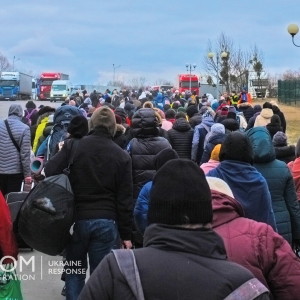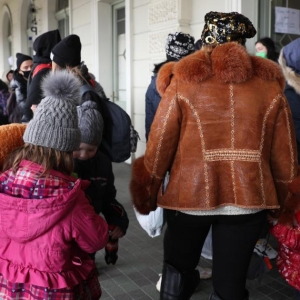Key information
Country/ies
Afghanistan, Albanien, Algerien, Andorra, Angola, Antigua und Barbuda, Argentinien, Armenien, Australien, Österreich, Aserbaidschan, Bahamas, Bahrain, Bangladesch, Barbados, Weißrussland, Belgien, Belize, Benin, Bhutan, Bolivien, Plurinationaler Staat, Bosnien und Herzegowina, Botsuana, Brasilien, Brunei Darussalam, Bulgarien, Burkina Faso, Burundi, Cabo Verde, Kambodscha, Kamerun, Kanada, Zentralafrikanische Republik, Tschad, Chile, China, Kolumbien, Komoren, Kongo, Rep., Costa Rica, Côte d’Ivoire, Kroatien, Kuba, Zypern, Tschechien, Korea, Demokratische Volksrepublik, Demokratische Republik Kongo, Dänemark, Dschibuti, Dominica, Dominikanische Republik, Ecuador, Ägypten, El Salvador, Äquatorialguinea, Estland, Eswatini, Äthiopien, Falkland Islands, Fidschi, Finnland, Former Yugoslavia, Frankreich, Gabun, Gambia, The, Georgien, Deutschland, Ghana, Griechenland, Grenada, Guatemala, Guinea, Guinea-Bissau, Guyana, Haiti, Honduras, Ungarn, Island, Indien, Indonesien, Iran, Islamische Republik, Irak, Irland, Israel, Italien, Jamaika, Japan, Jordanien, Kasachstan, Kenia, Kiribati, Kuwait, Kirgisistan, Laos, Demokratische Volksrepublik, Lettland, Libanon, Lesotho, Liberia, Libyen, Liechtenstein, Litauen, Luxembourg, Madagaskar, Malawi, Malaysia, Malediven, Mali, Malta, Marshallinseln, Mauretanien, Mauritius, Republic of, Mexiko, Mikronesien, Föderierte Staaten von, Monaco, Mongolei, Montenegro, Marokko, Mosambik, Myanmar, Namibia, Nauru, Nepal, Niederlande, Neuseeland, Nicaragua, Niger, Nigeria, Nordmakedonien, Norwegen, Oman, Pakistan, Palau, Panama, Papua-Neuguinea, Paraguay, Peru, Philippinen, Polen, Portugal, Katar, Korea, Rep., Republik Moldau, Rumänien, Russische Föderation, Ruanda, St. Kitts und Nevis, Saint Lucia, St. Vincent und die Grenadinen, Samoa, San Marino, São Tomé und Príncipe, Saudi-Arabien, Senegal, Serbien, Serbia and Montenegro, Seychellen, Sierra Leone, Singapur, San Martín (parte Holandesa), Slowakische Republik, Slowenien, Salomonen, Somalia, Südafrika, Südsudan, Spanien, Sri Lanka, Occupied Palestinian Territory, Sudan, Suriname, Schweden, Schweiz, Syrien, Arabische Republik, Tadschikistan, Tansania, Vereinigte Republik, Thailand, Timor-Leste, Togo, Tonga, Trinidad and Tobago, Tunesien, Türkiye, Turkmenistan, Tuvalu, Uganda, Ukraine, Vereinigte Arabische Emirate, Vereinigtes Königreich, Vereinigte Staaten von Amerika, Uruguay, Usbekistan, Vanuatu, Venezuela, Bolivarische Republik, Viet Nam, Jemen, Sambia, Simbabwe
Data sources
Summary
The Global Skill Partnership project consists of bilateral labor migration agreements between a country of origin and destination, in which destination countries supply technology and finance to train potential migrants in their countries of origin, and countries of origin provide that training and gets support for the training of non-migrants too. The project aims to address demographic imbalances and future migration pressures, skills shortages, “brain drain”, and contribute to development. Multi-stakeholders' suggestions are considered for the decisions of both parties.
The project uses a "dual-track" model which gives trainees the choice between the “home” or “away” track. The former eventually integrates the trainee into the local labour market, with increased skills and earning potential, while the latter supports the trainees’ legal and safe migration.
Results
This program has existed for ten years. There are three partnerships between Belgium and Morocco in ICT, Germany and Kosovo in construction, and Australia and the Pacific Islands in diverse vocational skills. However, the program has nearly 60 agreements, either current or completed, worldwide.
Last modified
16. Mai 2022



